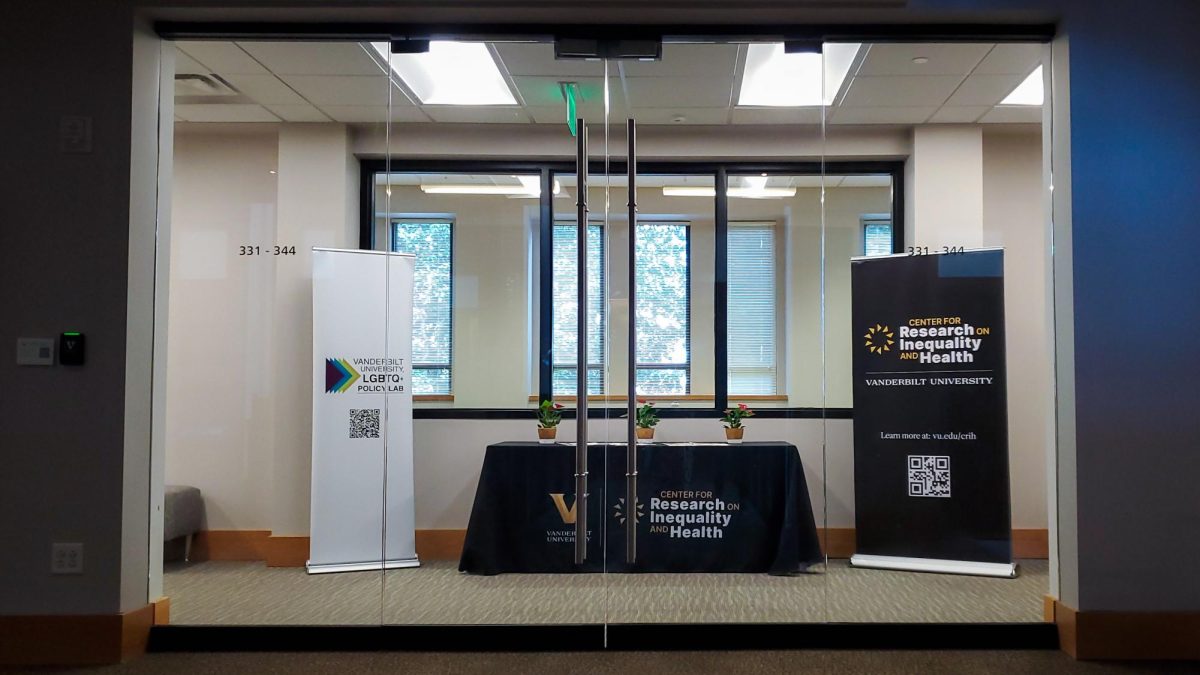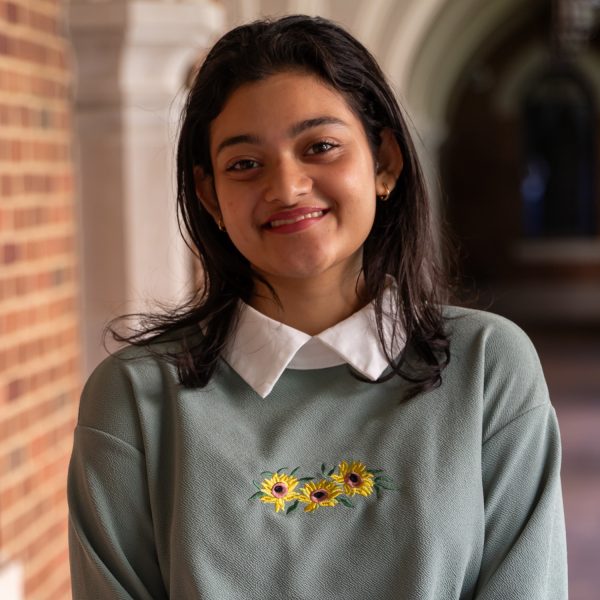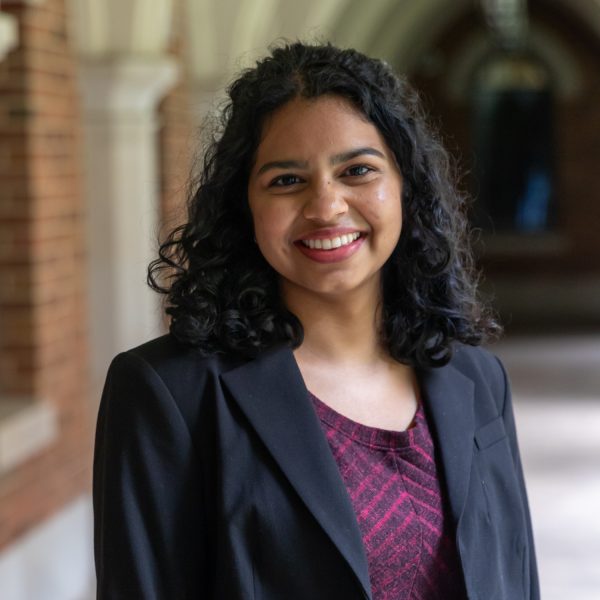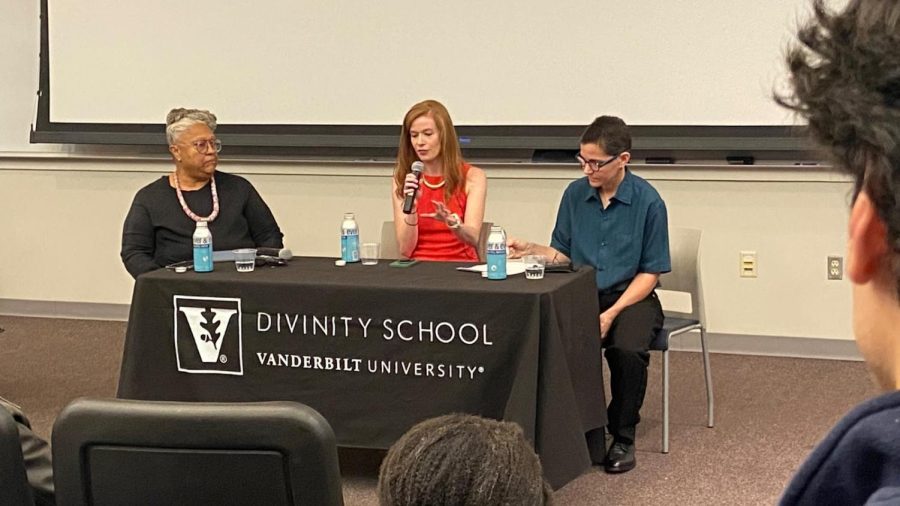Vanderbilt launched the Center for Research on Inequality and Health at a Sept. 19 seminar event as part of Discovery Vanderbilt, an initiative of the Office of the Provost and the university’s Dare to Grow campaign. The center builds upon the LGBTQ+ Policy Lab to include research investigating population health science and the health impacts of gun violence and economic and social inequality.
“The Policy Lab is not going anywhere. Certainly the expertise in the Policy Lab forms the foundation for one of the three foci of the new Center, but the two will coexist happily. You can see this in action on the 3rd floor of Buttrick Hall where the Policy Lab and the new Center share physical space,” Incoming Center Director Kitt Carpenter, professor of economics and health policy, said.
Carpenter told The Hustler that the center is especially interested in pursuing new, cross-disciplinary collaborations with other Vanderbilt faculty.
“The goal is to find connections among folks who are doing broadly similar work in terms of topics, methods, and/or datasets. Eventually, the goal is to increase our external funding portfolio and the impact of our cross-collaborative work,” Carpenter said.
Carpenter hosted the Sept. 19 launch event along with Incoming Associate Directors Tara McKay, assistant professor of medicine, and Shelaugh Mulvaney, associate professor of nursing.
Held in Sarratt Cinema, over 100 people attended the event, including Chancellor Daniel Diermeier and Provost C. Cybele Raver. Raver expressed excitement about the center’s research potential, calling it the path to a “brighter, healthier and more equitable future.”
“Our launch of this center emphasizes our commitment to inclusion and diversity, not only in how we admit students or how we support students, but in the research topics that we explore, that we pursue and that we answer,” Raver said.
The launch also featured a guest lecture delivered by Stephen Russell, chair of the Department of Human Development and Family Sciences at the University of Texas-Austin. He spoke on patterns in developmental science that have limited understanding of LGBTQ+ experiences. On the other hand, he discussed progress in educational and community-based research that has identified policies beneficial to the LGBTQ+ community.
“We actually know what makes a difference [for LGBTQ+ adolescent mental health] now,” Russell said. “What’s maddening is that some of the very things we know matter are the things that are the targets of the political regulation happening.”
The event concluded with a Q&A session between Russell and the audience. One student asked about the role of universities in advocating for policies that protect adolescent health as LGBTQ+ visibility in K-12 schools decreases, particularly as it relates to “academic neutrality.”
“Take the power and privilege of the university and invert it for people who haven’t had access to it,” Russell said. “I believe that universities were actually counter-designed for that purpose, but I think that they can be redesigned, and you have an amazing group of people [CHIR] who are showing the possibility of that.”
Raine Neely, a sophomore, said she enjoyed the event but wished it attracted more attention from the broader Vanderbilt community.
“I thought it was really great that we had a speaker who was both LGBT and very knowledgeable on LGBT issues,” Neely said. “I think it would be even better if we can have a more public event because the people who signed up for this are already in support of LGBT issues.”






